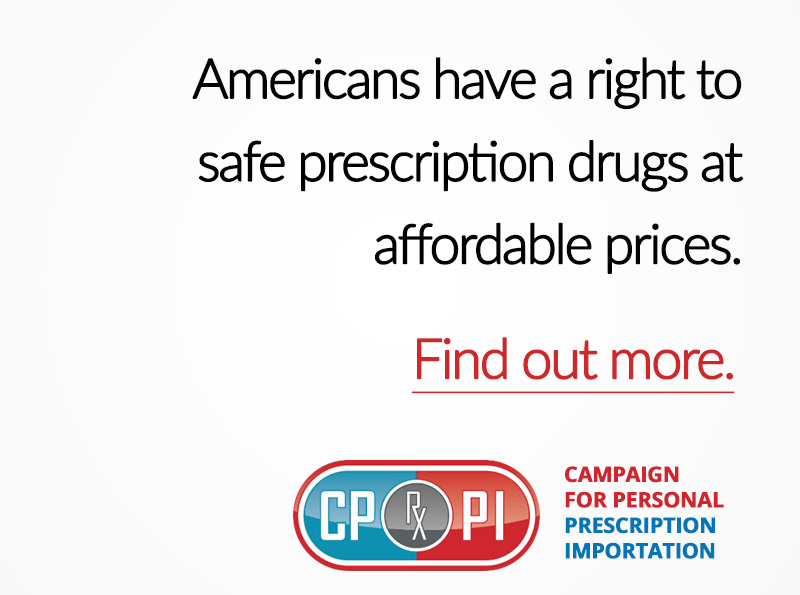Are you a diabetic and do you like to have an occasional drink? Have you ever wondered if it’s safe to drink alcohol while you’re a diabetic? The answer is yes it is safe. It is important to monitor your consumption of alcohol and be observant of anything out of the ordinary due to drinking.
Let’s discuss the effects that alcohol can have on a diabetic. USA Script Helpers offers you top tips on how to drink responsibly. Your health is our priority. USA Script Helpers believes in educating and sharing knowledge with all American viewers to make sure that Americans can maintain their health and still enjoy a glass or two. Drink responsibly.
Let’s talk about alcohol and blood sugar. As you may be aware the liver plays a key role in managing our blood glucose levels which convert to glycogen (that’s a form of glucose that’s stored in our body) which converts into glucose – which is then slowly released into our bloodstream on the daily.
Did you know that due to an increase in our blood sugar levels that is caused by the liver all those who have type 1 diabetes use insulin everyday to avoid the blood sugar levels from becoming dangerously high?
Let’s talk about alcohol. When we consume alcoholic beverages, our livers take a hit. Our livers have to endure the aftermath of alcohol. When our liver is filtering the alcohol that’s been consumed, our body halts the release of glucose.
What does that mean for diabetics? – This can be fairly dangerous. Insulin medication should NEVER be mixed with alcohol as that can create complications in which you would need to be monitored by a medical professional sooner rather than later.
If you have just had a meal, your digestion of alcohol can be rather slower. Your insulin that you might have taken prior to eating probably hasn’t taken its course yet and your food still hasn’t been broken down into what we call glucose.
Being diabetic and drinking is one thing but you must be responsible. As drinking alcohol can become very dangerous and end up with serious consequences for those who have both types 1 or 2 diabetes.
Did you know that Hypoglycemia is caused by Alcohol Consumption?
Hypoglycemia (aka hypo)occurs when blood sugar (glucose) levels are below normal.
Glucose is the human body’s natural and # 1 source of energy. Did you know the drop in blood sugar for a diabetic can include symptoms such as the following?
Shakiness, fatigue, sweating, hunger, slurred speech,various levels of irritability + unconsciousness or seizures when levels are dangerously low.
Diabetics should be aware of the possible side effects related to excessive amounts of consumed alcohol. Are you a diabetic who becomes overly anxious or having severe anxiety when you’re intoxicated? Please see your local medical professional for more information and tips on how to stay away from over indulging.
Did you know that alcohol itself will not raise blood sugar alone since alcohol is 0 carbs. Spoiler alert – it’s the sugary drinks that are usually used as “chaser” or mixers.
Alcohol can affect diabetics by symptoms such as increased hunger which can cause obesity, which can also affect your blood sugar levels. Did you also know that Alcohol can cause drastic spikes or drops in blood sugar levels?
Alcohol can do many things such as increase blood pressure, triglyceride levels, interfere with therapeutic effects that your oral diabetes prescriptions would usually take care of.
For more information about alcohol and diabetes please do not hesitate to give us a call at our toll free number 1 (888) 646-7749 to request to speak to a Pharmacist. USA Script Helpers is a proud Pharmacy Partner who refers patients to its contracted Pharmacy department. USA Script Helpers is not a Pharmacy itself but an established Pharmacy partner with over 10+ years of experience in the online Pharmaceutical business.














